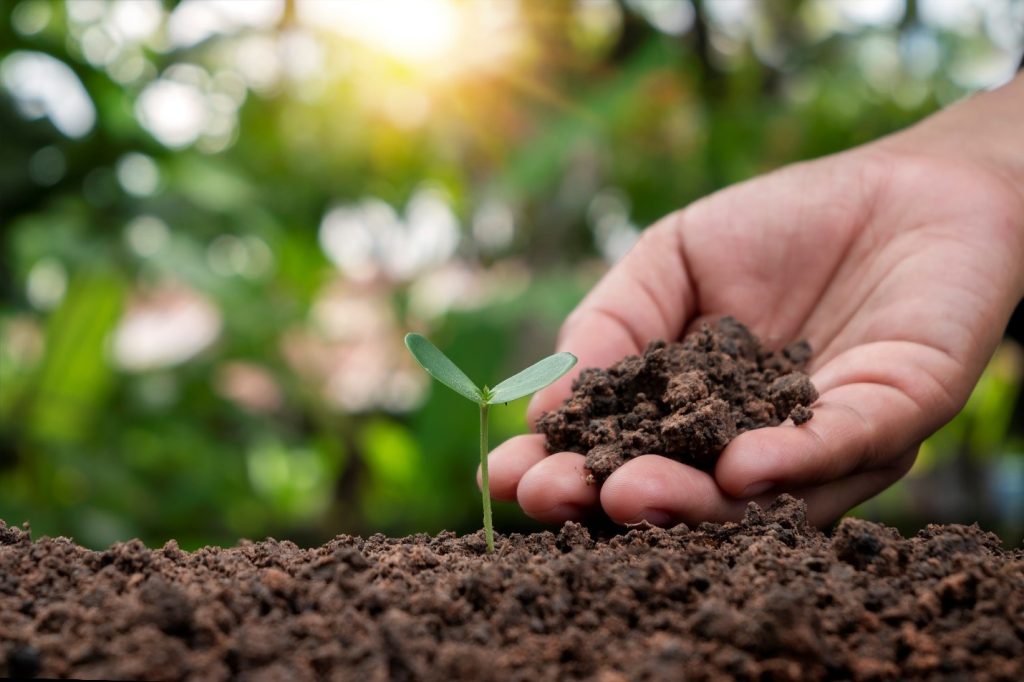
Organic farming books offer invaluable resources for anyone interested in sustainable agriculture and environmentally-friendly farming practices. These books cover a wide range of topics, from the fundamental principles of organic farming to advanced techniques and case studies. For beginners, organic farming books provide a comprehensive introduction to the basics of soil health, crop rotation, pest management, and natural fertilization methods. These texts often emphasize the importance of maintaining ecological balance and reducing reliance on synthetic chemicals, which are crucial elements of organic farming.

Advanced organic farming books delve deeper into specialized areas such as permaculture, agroecology, and integrated pest management. They offer detailed strategies for optimizing yields while preserving soil fertility and promoting biodiversity. These resources are particularly beneficial for experienced farmers looking to refine their practices or transition from conventional to organic farming methods. By exploring topics like composting, cover cropping, and the use of beneficial insects, these books can help farmers achieve greater sustainability and resilience in their farming systems.
One of the key advantages of organic farming books is their ability to provide practical advice based on real-world experiences. Many of these books include case studies and success stories from farmers who have successfully implemented organic practices. These examples not only inspire but also offer actionable insights into overcoming common challenges and achieving desired outcomes. Additionally, organic farming books often feature tips on marketing organic produce, navigating certification processes, and connecting with local organic farming communities.
For those interested in the science behind organic farming, there are numerous books that explore soil biology, plant physiology, and ecological interactions. These texts offer a deeper understanding of how organic practices impact the environment and contribute to long-term agricultural sustainability. By integrating scientific research with practical advice, these books help bridge the gap between theory and practice, providing readers with a well-rounded perspective on organic farming.
Organic farming books are also a valuable resource for educators and students. They can be used in academic settings to teach the principles of sustainable agriculture and inspire the next generation of farmers. Many of these books are written in an accessible and engaging style, making complex concepts easier to understand. As a result, they serve as an effective tool for promoting awareness and encouraging the adoption of organic farming practices among young people and aspiring farmers.
In addition to traditional print books, there are now many digital resources available that cater to the growing demand for online learning. E-books and online guides offer the convenience of instant access and the ability to easily search for specific topics. These digital formats are especially useful for those who prefer to learn on the go or who need quick reference materials. Many of these online resources also include interactive elements such as videos, webinars, and forums where readers can engage with experts and other organic farming enthusiasts.








